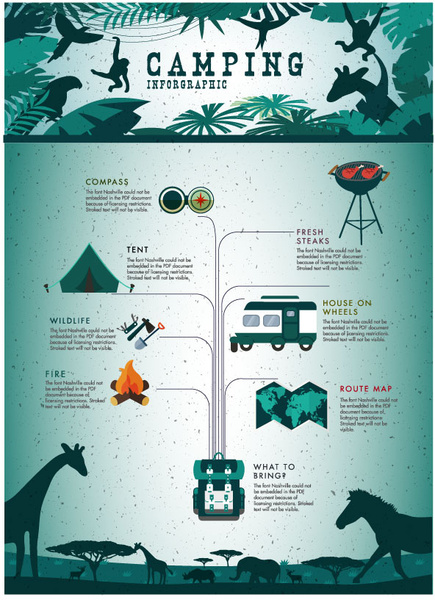A four-season outdoor tents is suitable for wintertime hill camping or cold climates where snow and wind are an offered. Top quality four-season outdoors tents supply remarkable insulation and weather condition resistance for security in extreme problems.
Efficient four-season tents utilize building quality greater than raw R-values. Learn exactly how inflexible foam, polystyrene, and other materials maintain these tents warmer and drier.
Fiberglass Insulation
Fiberglass insulation is a prominent selection for house owners and DIYers seeking to enhance their home's power performance. Made from recycled glass and sand, fiberglass is non-combustible and doesn't call for additional fire-retardant treatment for residential use.
It is usually a pink-tinted material that can be installed in many kinds, consisting of attics, crawl space joists, and basement walls. It's available in covering type, called "batts," and is sold in bags containing standard pre-cut sizes and widths. Encountered or unfaced batts can be positioned in between joists, while an attic blanket of loose-fill fiberglass can cover an area's floor to weaken sound transmission between floorings in two-story homes.
Fiberglass' insulating power is gauged by its R-Value, which indicates the product's ability to withstand heat flow. A greater R-Value implies higher shielding ability. This R-Value relies on the climate area in which a person lives; get in touch with a regional structure supply company to figure out the specific R-Value that will accomplish optimal cause your area.
Polystyrene Insulation
In addition to being a great thermal insulator, polystyrene insulation can offer shock absorption and wetness resistance. It is likewise light-weight and cost-effective, making it a popular choice for domestic applications. Nevertheless, there are some downsides to polystyrene insulation.
Among the major issues is that it tends to absorb water, which can jeopardize its protecting buildings. Enhanced polystyrene insulation has a water vapor permeance of concerning 2-4%, which is greater than most other types of insulation.
Another issue is that polystyrene can thaw when revealed to flame. This can produce hazardous liquified insulation that may leak and spread out fire throughout the structure. In order to avoid this issue, you must utilize a fire-resistant polyiso board instead of expanding foam. Fabco Thermal Insulation Manufacturing facility provides polyiso insulation remedies that meet the requirements of contemporary property construction. This insulation stops warmth loss through structures and boosts home power effectiveness. It is additionally resistant to dampness and has a high R-value per inch.
Styrofoam Insulation
Styrofoam insulation is lightweight and protecting, maintaining your camper warm in rough weather. It is likewise moisture resistant, implying it will not warp or degrade when exposed to damp conditions.
Lots of people make use of the term "styrofoam" to describe a selection of white foam product packaging and non reusable mugs, however true styrofoam is closed-cell extruded polystyrene foam that is trademarked as Styrofoam brand XPS insulation. These stiff foam boards are typically blue or pink and have an unique appearance.
This insulation is a preferred selection in structure and delivery as a result of its shock-absorbing residential properties. It is also a preferred for packaging food and drinks as a result of its capacity to retain warmth. On top of that, styrofoam is extremely cost effective, making it a terrific choice for manufacturers and customers alike. Considering that its innovation in 1941, styrofoam has created a track record as an ingenious structure item. In 2019, DuPont began reformulating Styrofoam to offer a low-global warming potential (GWP) formula indicated by a grey shade.
Inflexible Foam Insulation
Rigid foam insulation is a cutting-edge structure material that offers a variety of major benefits. It seals voids, air leaks and preserves interior temperature level to reduce power waste and lower energy expenses. It additionally protects against ice damming around foundations and can help reduce condensation, mold and mildew that may create damage to wall surfaces.
Foam insulation can be easily reduced canvas fabric with a saw and cut and broken like drywall, making it easy to install around blockages such as cables, junction boxes and supporting. Unlike fiberglass, stiff foam insulation is untouched by moisture and does not alter measurements or absorb water.
Foam insulation is fire-rated and does not consist of formaldehyde or other additives that can adversely affect human health. The chemistry of stiff foam insulation additionally makes it much more eco sustainable, with high R-values saving over 40 BTUs of power for every BTU utilized to make the product. This dramatically exceeds the energy saved by fiberglass insulation which sheds up to 80% of its efficiency with time.
